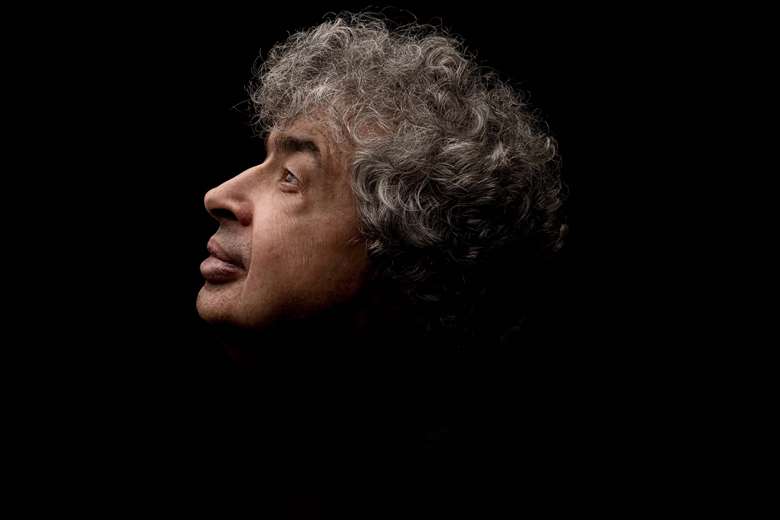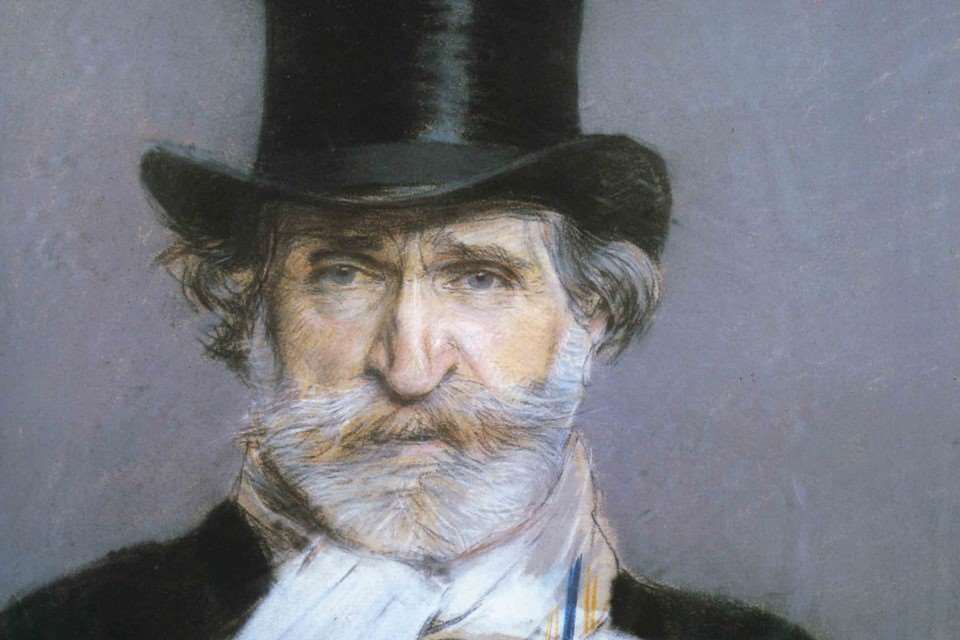Smetana’s Má vlast, an introduction by Semyon Bychkov
Monday, March 4, 2024
Semyon Bychkov tells Michael McManus about the extrordinary power of Smetana’s masterpiece Má vlast, which he has recorded with the Czech Philharmonic for Pentatone

Register now to continue reading
Thanks for exploring the Gramophone website. Sign up for a free account today to enjoy the following benefits:
- Free access to 3 subscriber-only articles per month
- Unlimited access to our news, podcasts and awards pages
- Free weekly email newsletter









